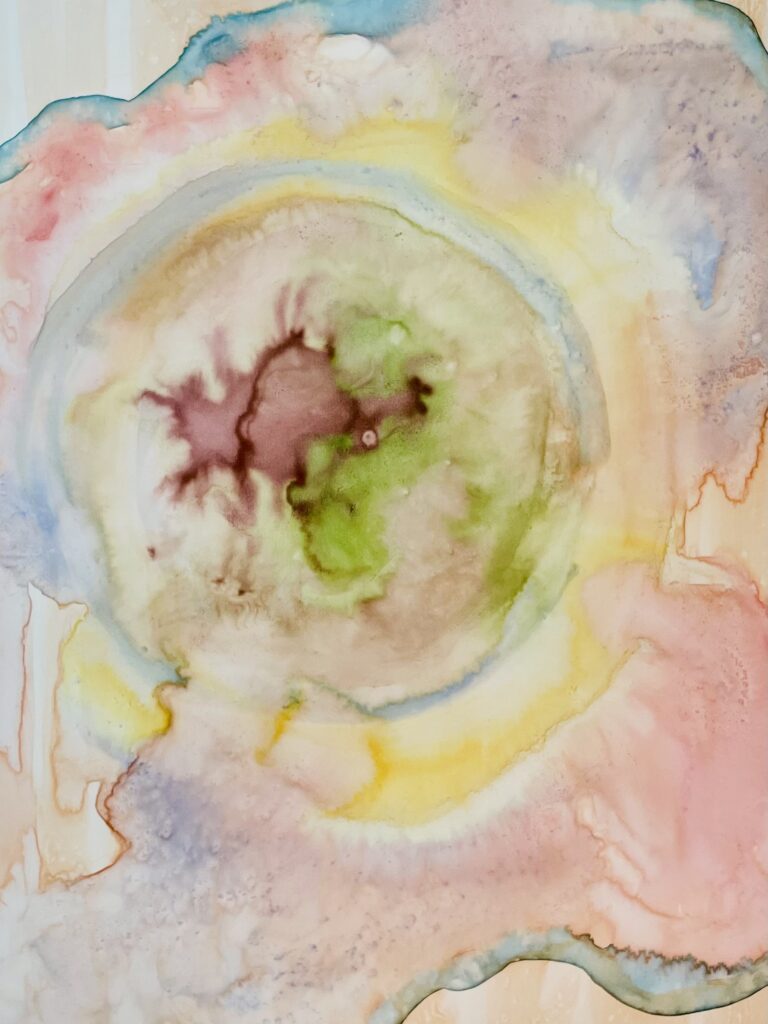This is a question that has been swirling in my mind recently, and I shared it on my Instagram stories. The responses were insightful, sparking rich conversations and giving me new perspectives on something we all grapple with—our relationship to time, memory, and identity.
The common belief is that our past shapes who we are today. Our experiences—both good and bad—certainly leave their marks, and most would say they define us in some way. But I’ve been pondering: what if the past, present, and future aren’t separate entities at all? What if they’re happening simultaneously, intertwined like threads in a tapestry? And if that’s the case, what are we holding onto? Are we giving the past too much power?

It’s easy to see how our traumas can trap us in the past. Lingering pain, unresolved grief, and old wounds often surface, pulling us away from the present. We know, on some level, that these traumas need to be released for healing to occur. Yet, letting go of the “good old days” can be just as limiting. How often do we cling to happy memories, nostalgically longing for them, as if they were better or more real than the present? (Awakening, 2024, Ink Alcohol and Watercolor on Yupo Paper)
Our memories, whether joyful or painful, are just that—memories. They are constructed, shaped by our own perceptions. Two people can recall the same event completely differently, which begs the question: what is the truth? Is there an objective reality hidden within these recollections, or does the truth exist only in the present moment?
Perhaps the most profound truth lies not in the past or the future but in the now, in who we are at this very moment. We cannot live in the past, though it’s tempting. We often understand the need to release the bad—those traumas and negative experiences that weigh us down—but what about the good? How much of our present self is attached to the highlights of our past, and how does that keep us from fully inhabiting our current selves?
There’s a delicate balance here. I’m not dismissing the importance of the past; it certainly plays a role in shaping us. But I wonder: when we define ourselves solely by past experiences, are we missing the magic of who we are right now? The future, too, often looms large, filled with “what ifs” and “somedays,” yet it doesn’t exist any more tangibly than the past.
If time is merely a construct, and the past, present, and future are all happening in this very moment, then all we have to do is be. Be here, in this moment, with who we are. Letting go of the stories of “woulda, coulda, shoulda” or the trap of “my life will be better when…” opens up space for us to discover the truth that has always been there: our truest self exists right now, untethered from the illusions of time.
It’s liberating, isn’t it? To realize that your past and future don’t define you. The only thing that defines you is how present you can be, right here, right now. The question is, are we brave enough to let go of the comfort of past identities and imagined futures to fully embrace this moment?